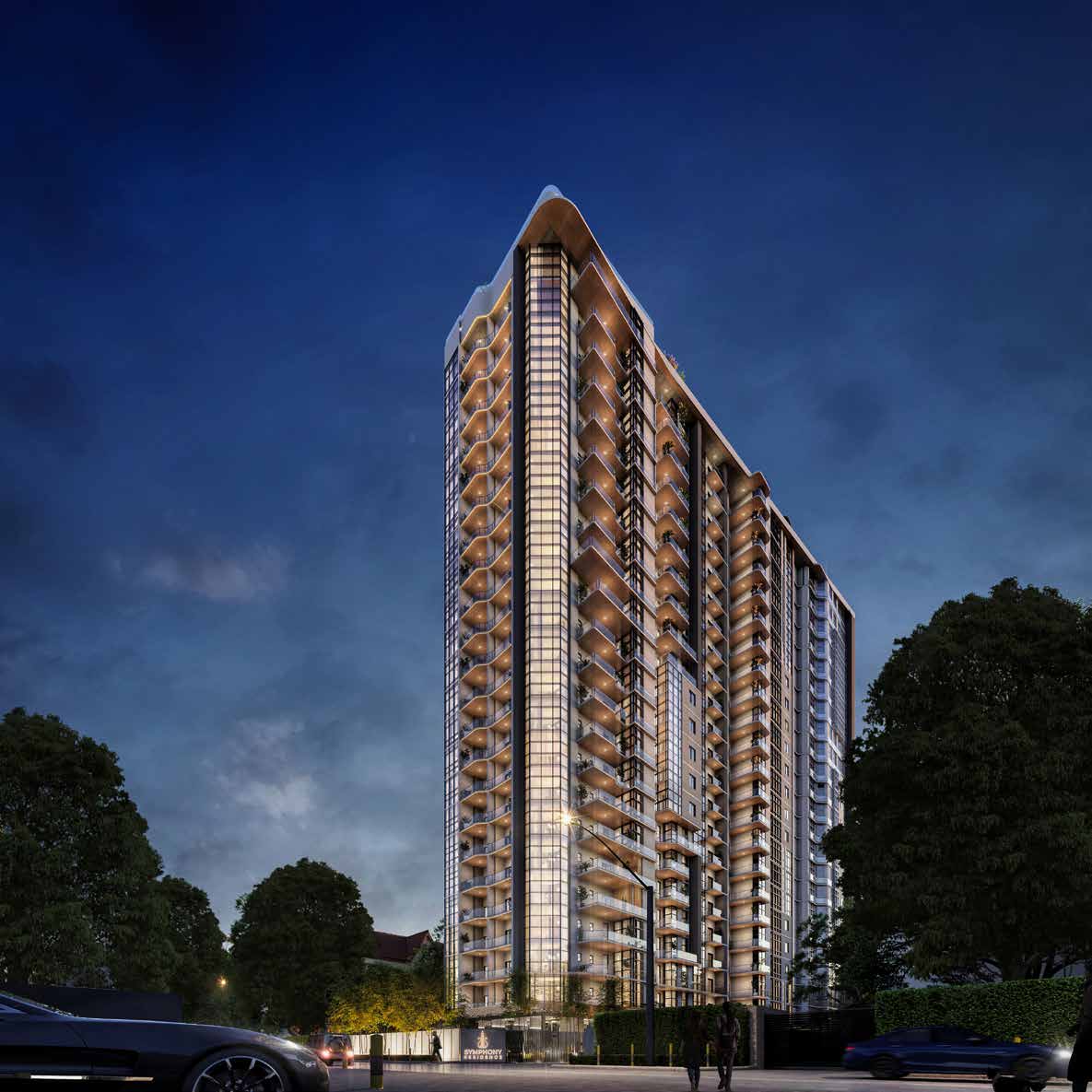As property prices climb across Nairobi, locals are wondering: are diaspora buyers pricing us out? This article digs into the data, the policy tensions—and how platforms like Roots Africa are creating a more transparent property investment approach.
If you live in Nairobi—or any other major Kenyan city—you’ve probably heard the complaints: “Foreign buyers are making it impossible for locals to afford homes.”
It’s a story told across online forums, barbershop debates and Twitter/X threads. As more apartments for sale shoot up in Westlands , Kilimani and Syokimau, many locals are starting to believe it.
But is it true? Are diaspora investors the villains in this story—or just an easy scapegoat?
Let’s step away from the emotion and look at the data.
The trend is clear: diaspora investment does impact pricing , especially in high-demand, high-development corridors, but it’s not the only factor—land scarcity, inflation and developer incentives also play major roles.
Governments across Africa actively encourage diaspora investment. Why? Because remittances are a critical economic engine , contributing to national GDP, infrastructure projects and real estate growth.
But here’s the tension:
When foreign demand rises faster than housing supply, local affordability takes a hit.
It’s a classic case of development meets displacement —and policymakers are still trying to balance both.
At Roots Africa , we recognize the complexity. That’s why we don’t just push listings—we build trust structures that work for both the diaspora and local buyers.
Here’s how:
In short, we offer a tech enabled platform with a people-first lens —making sure real estate remains a wealth-building tool.
It’s easy to turn diaspora buyers into the “bad guys.” But the real issue is access . Who gets to benefit from Nairobi’s real estate boom? Who gets left behind? And what are we doing to change that narrative?
At Roots, we believe real estate can be both aspirational and accessible . By combining tech, community and expert guidance, we’re building a new kind of real estate experience—one that includes everyone .

Yes, diaspora demand is impacting prices. Yes, locals are being priced out in some zones. But the solution isn’t blame—it’s better systems, smarter financing, and platforms that bridge the gap.
That’s exactly what Roots Africa is doing: making property ownership fairer, safer, and smarter—no matter where you’re buying from.
Investing, buying, or just curious about what’s out there?
👉 Explore our home financing options , and check out our listings on RootsAfrica.co .